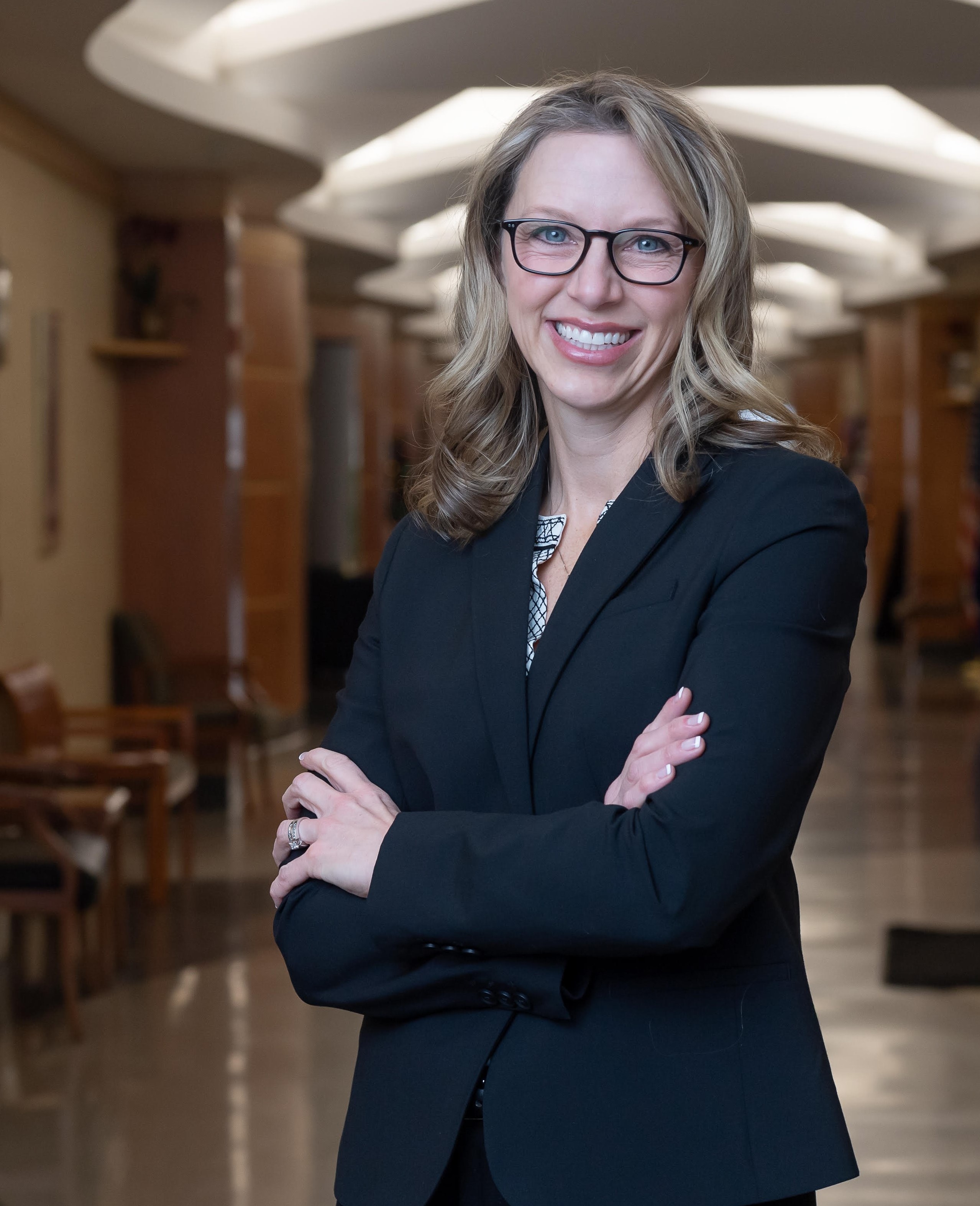CEO June Update
June 2, 2022
Diversity, Equity and Inclusion
Diversity- All the ways in which people are different
Equity – Fair treatment, access, opportunity, and advancement for all people. One’s identity cannot predict the outcome.
Inclusion – A variety of people have power, a voice, and decision-making authority.
Healthcare organizations have a growing responsibility to improve diversity, equity, and inclusion (DEI) efforts not only for their employees, but also to better serve patients and their families. The healthcare industry has a particularly unique opportunity to make a greater impact, as it directly affects a broad set of patient health outcomes and quality of life in a profound way. What we do for our community matters & how we do it is equally important.
Diversity in any workplace means having a workforce comprised of multiple races, ages, genders, ethnicities, and orientations. A more diverse healthcare staff can help ensure that no matter who walks through the door, there is someone on staff who can identify with them, communicate with them, and better serve their individual needs.
Diversity is important but diversity without inclusion is ineffective. Every person needs to be given a voice. Diversity advocate, Verna Myers, said “Diversity is being invited to a party; Inclusion is being asked to dance.” Throughout all facets of healthcare, race/ethnicity, gender, sexual orientation, immigration status, physical disability status, and socioeconomic level plays a role in representation, acceptance, and progress both within and outside of the healthcare setting.
In June we are reminded of some of these inequities and disparities through recognition days and celebrations. Juneteenth Day now a federal holiday in the United States celebrated on June 19th commemorates the effective end of enslaved African Americans. The entire month of June is Pride Month where the lesbian, gay, bisexual, transgender. Queer/Questioning (LGBTQ+) community celebrates in a number of different ways to protest about discrimination and violence while promoting dignity, equal rights, and self-affirmation in a way of increasing social awareness of the issues they face. Research suggests that LGBTQ+ individuals face health disparities linked to societal stigma, discrimination, and denial of their civil and human rights. Discrimination against LGBTQ+ persons has been associated with high rates of psychiatric disorders, substance abuse and suicide.
Improving DEI in the healthcare workforce is an important component of ensuring health equity. We must continue to close the gaps in health disparities. A diverse and inclusive health care workforce – both in clinical and nonclinical/corporate settings – can help improve trust and empathy and strengthen the connection with patients and communities. Ensuring DEI efforts are in place and effective will help our organization improve communication, increase patient satisfaction, and ultimately deliver higher-quality care.
![]()
Kelly Braverman
President, CEO
Witham Health Services